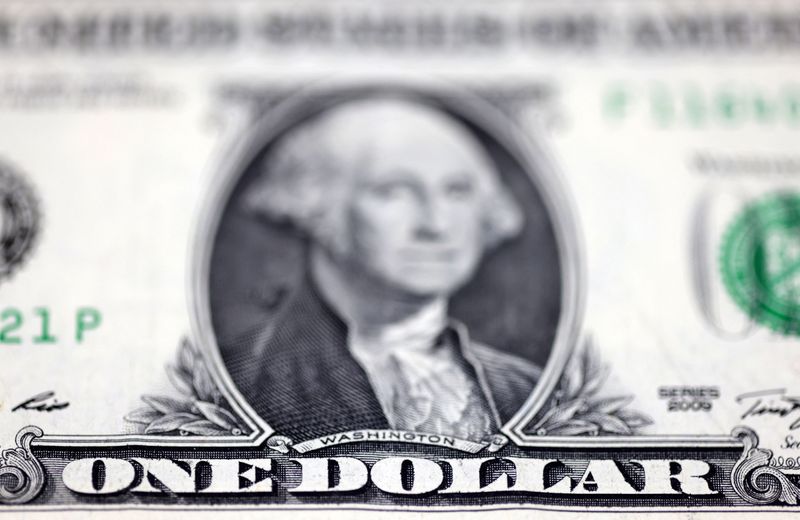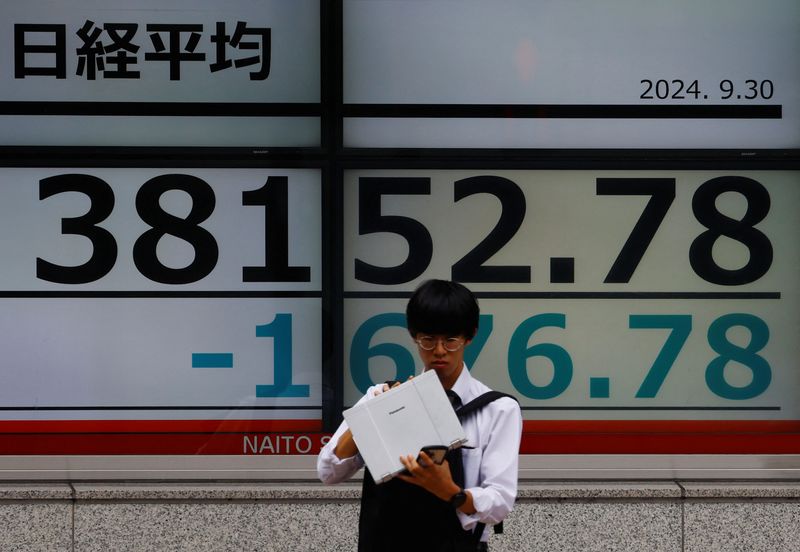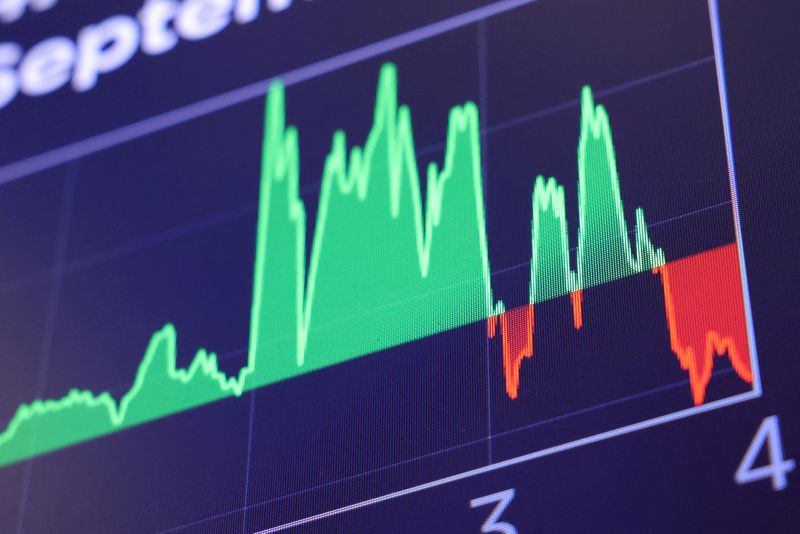U.Today – A notable divergence has recently formed between the Coinbase (NASDAQ:COIN) Premium Index and Bitcoin‘s price, as sighted by CryptoQuant. This divergence tilts toward the negative side despite the momentous rally in the price of Bitcoin.
Surging Bitcoin price and declining Coinbase Premium Index
Over the years, short-term price trends have been predicted using momentum analysis with Moving Averages (MAs). However, as the market evolves, other measures are employed.
In the last two weeks, a notable divergence formed between the Coinbase Premium Index and Bitcoin’s price. This divergence comes as BTC’s price rose from $94,000 to $108,000. The flagship cryptocurrency is now changing hands for $104,097.77, down 2.4% at the time of writing.
For context, the Coinbase Premium Index reflects the demand for Bitcoin in the United States. It is computed by tracking activity on leading American cryptocurrency exchanges Coinbase and Binance. A higher premium suggests increased buying demand from U.S. investors.
The decline of Coinbase Premium poses a significant concern. This coincides with a season when North American investor demand has continued to soar. The January 2024 launch of Bitcoin Exchange Traded Funds (ETFs) and the recent macroeconomic climate have shifted sentiment.
According to blockchain analytics platform CryptoQuant, “If the U.S.-based demand has not supported this price surge, it could indicate underlying weakness in medium-term upward momentum.”
Based on this outlook, investors are advised to remain cautious and monitor this development closely.
Bitcoin price could surge — or not
One week ago, the situation was quite different, as U.Today reported that as the price of Bitcoin plummeted, the Coinbase Premium jumped.
Despite the reversal in price amid ATH rallies, the market is hopeful of a major rebound in the near term. From the midterm point of view, the focus is now on the weekly candle’s closure at the $105,149 level.
If a false breakout happens, the Bitcoin price risks dropping to a new low of $100,000.
This article was originally published on U.Today









